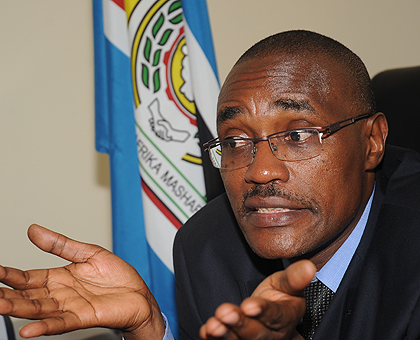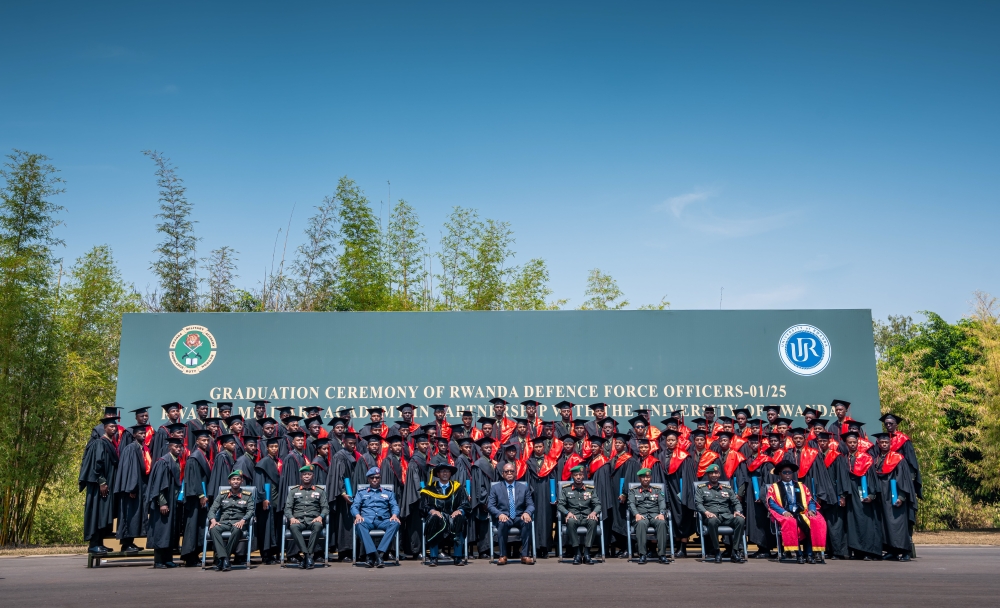The East African Court of Justice (EACJ) has announced that the region has highly qualified judges and prosecutors to professionally adjudicate international criminal cases.


The East African Court of Justice (EACJ) has announced that the region has highly qualified judges and prosecutors to professionally adjudicate international criminal cases.In an exclusive interview with The Sunday Times, Dr John Eudes Ruhangisa, the Registrar of the court, observed that for the integration to deepen, the East African Community (EAC) needed to find ways of solving its problems instead of seeking justice from outside.He said that citizens should have confidence in their organs."The EAC has judges and professors who have specialised in international criminal law, public international law who can competently handle those cases”, Ruhangisa said.He pointed out that it would be undermining the dignity of the regional citizens if they continue to be summoned by the International Criminal Court (ICC) in The Hague in Europe instead of handling the disputes in the region. " It embarrasses me as an East African citizen to see people from our region taken to ICC for trial while we have not — even we at the domestic level — attempted to sort out these things which are within our competence”, he wondered He said that if the court had been in existence, there wouldn’t have been any need to take the cases to the International Criminal Tribunal for Rwanda (ICTR).However, at their April meeting in Arusha, the EAC Heads of State welcomed a resolution by the East African Legislative Assembly (EALA) to expedite the amendment of the EAC Treaty that extends the jurisdiction of the EACJ or the conclusion of the protocol on the said matter and consequently directed the Council of Ministers to see to its implementation and report to an extraordinary Summit.Frank Mwine Mugisha, an international law expert, said that if given jurisdiction it would help to halt the increasing number of crimes in the region."Criminals are becoming more sophisticated in cross-border crimes. They are no longer restrained by the borders. Therefore, member states need to join hands to fight these criminals without being handicapped by legal technicalities”, he told this paper However, the court has recently faced frequent criticism for failure to handle international criminal cases, especially the current case at the ICC that implicates four senior Kenyan government officials accused of inciting the 2007/08 post-election violence. EALA had earlier proposed that the regional court handles the Kenyan post-election violence cases, a suggestion which was nonetheless watered down by the association of regional lawyers.If amended, the court would have powers to try genocide related cases as well as other criminal cases. Though, if there is a request to transfer the cases to the EACJ, it would be a major triumph for the regional court as member countries are yet to fully utilise it.The court recently opened its first sub-registry in Kigali.






